Urban Clean Energy Pathways
Cities are reducing climate pollution by investing in energy efficiency, renewable energy, electricity grid innovation, and clean transportation.

![]() Cities play a unique and critical role in reducing greenhouse gas emissions. Half the world lives in cities and over 80% of Americans do. Cities are responsible for 70% of global carbon emissions. Hence, strategies to reduce urban emissions are essential to solving the climate crisis and cities will play a vital role in achieving the carbon reduction targets required to keep the earth at a viable temperature. In this pathway, we chronicle how American cities are reducing climate pollution by investing in energy efficiency, local distributed renewable energy, electricity grid innovation, and clean transportation.
Cities play a unique and critical role in reducing greenhouse gas emissions. Half the world lives in cities and over 80% of Americans do. Cities are responsible for 70% of global carbon emissions. Hence, strategies to reduce urban emissions are essential to solving the climate crisis and cities will play a vital role in achieving the carbon reduction targets required to keep the earth at a viable temperature. In this pathway, we chronicle how American cities are reducing climate pollution by investing in energy efficiency, local distributed renewable energy, electricity grid innovation, and clean transportation.
What are the top strategies for cities to reduce greenhouse gas emissions?
Cities have policy and programmatic tools to reduce greenhouse gas emissions, especially in the areas of capping emissions, energy supply, building energy efficiency, and transportation. Tokyo, Japan and Shenzhen, China pioneered local systems to cap and price carbon emissions. Berlin, Germany and Minneapolis, MN are partnering with their energy utilities to clean up their electricity supplies, while Sonoma County, CA and Westchester County, NY are negotiating for cleaner, cheaper electricity on behalf of their residents.
Lancaster, CA requires that all new rooftops come equipped with solar panels or have access to solar energy. Fifteen cities and one county across the U.S. require that commercial building owners report their energy use on an annual basis, as a tool to increase market awareness and valuation of building energy performance.
Policies that encourage urban density with robust transportation options and affordable housing set the framework for low-carbon communities. Finally, electrification of vehicles, buses, trucks, and equipment – especially in regions that have low- or no-carbon electricity—can be a crucial strategy to reduce the use of oil in transportation.
What is carbon neutrality, and how do cities achieve it?
A city on the path to carbon neutrality is one that aims to power its buildings, transportation, and other energy-consuming activities without fossil fuels. In the words of the Carbon Neutral Cities Alliance, achieving carbon neutrality “requires transformative rather than incremental approaches,” with a roadmap for long-term and deep reductions in the building, energy, and transportation sectors.
In 2011 the City of Seattle commissioned a study of potential pathways to achieve its carbon neutrality goal, and in 2015 the Carbon Neutral Cities Alliance published a framework for cities on long-term deep carbon reduction planning.
It is essential that cities consider how prospective strategies add up to overall climate goals, how to achieve those goals in partnership with the private and nonprofit sector, and how to fund implementation in context of budget constraints. The Urban Clean Energy Revolution provides a detailed compendium of best practices in these areas. The climate crisis requires that urban governments and their partners embrace these actions at a greater scale and with more urgency than ever before.

By: Elizabeth Willmott on
On March 10 Seattle took a key step on its path to be carbon neutral by 2050, when Mayor Ed Murray signed three energ

By: Elizabeth Willmott on
The King County-Cities Climate Collaboration (K4C) won the U.S.
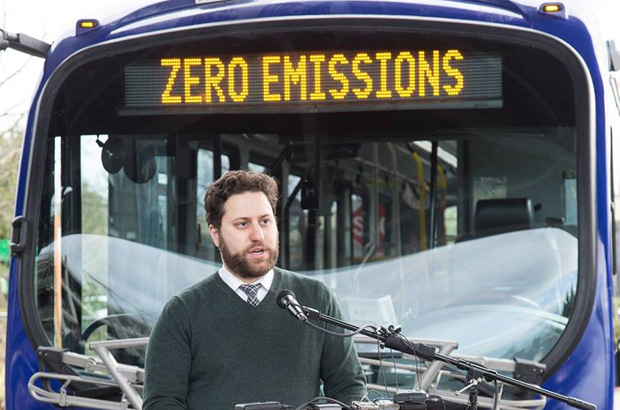
By: Vlad Gutman-Britten on
King County is extending its long record of leadership on clean public transit. But it's not content simply to be number one on reducing emissions; it's working to be number ZERO.
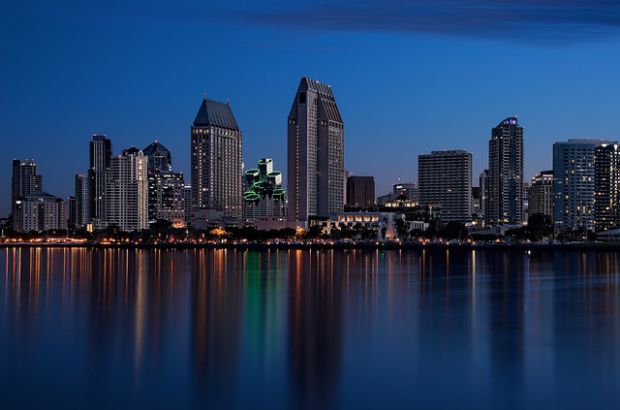
By: Elizabeth Willmott on
American cities are reducing climate pollution by investing in energy efficiency, renewables, grid innovations, and clean transportation. Energy Efficiency
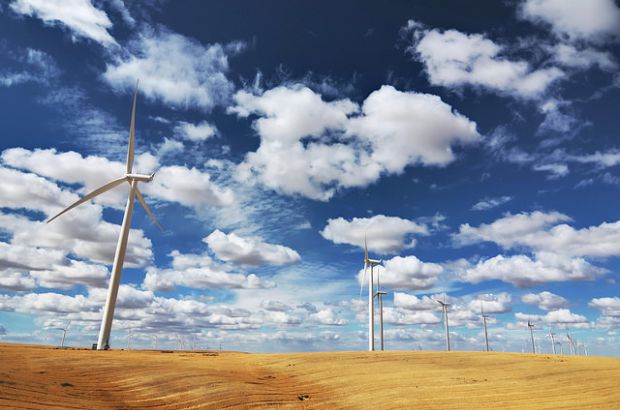
By: Elizabeth Willmott on
Puget Sound Energy is a crucial player on Washington's path toward a clean energy future, but its 20-year resource plan falls significantly short on the urgency and boldness we need to make deep, near-term carbon reduction.
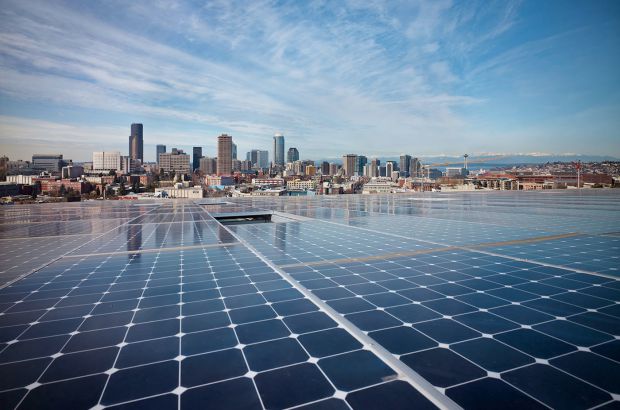
By: Elizabeth Willmott on
The Urban Clean Energy Revolution report details the state of play of low-carbon cities and describes a rich array of best practices and examples of urban clean energy innovation and carbon reduction.
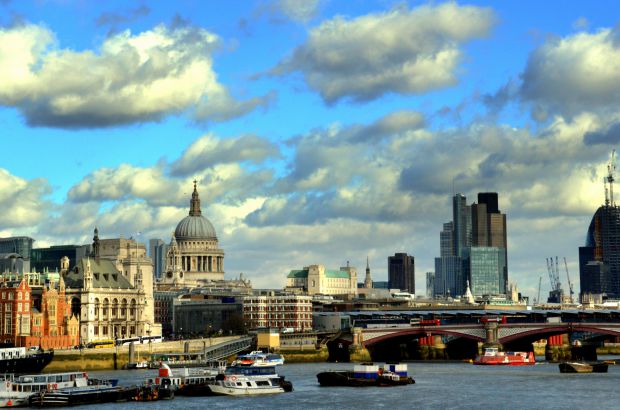
By: Elizabeth Willmott on
The international climate talks are a moment in time for forward-looking urban leaders to demonstrate the collective political will they have amassed for bold climate action, and to show how far they have already come in reducing carbon emissions.
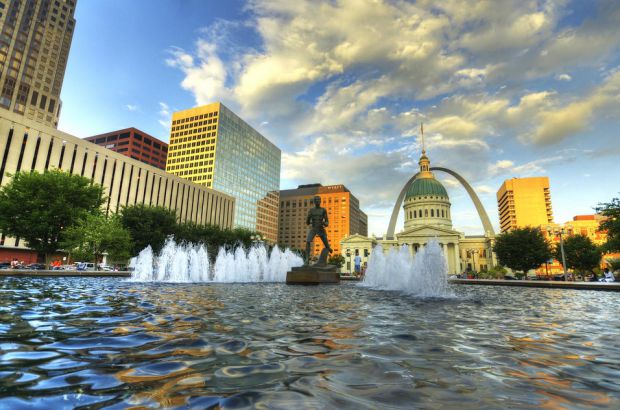
By: Elizabeth Willmott on
Urban leaders are increasingly aligning their carbon reduction and clean energy agendas with other important community priorities—such as air quality, transportation, social equity, economic development, and climate change resilience. In doing so, they forge stronger and more diverse coalitions for climate action.
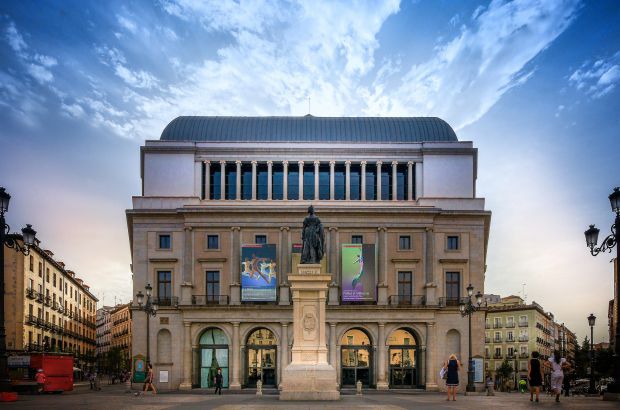
By: Elizabeth Willmott on
Dedicated funding is a critical ingredient for urban clean energy action, but securing it is one of the most persistent challenges that local governments face today. Some leading communities are marching ahead on their own.
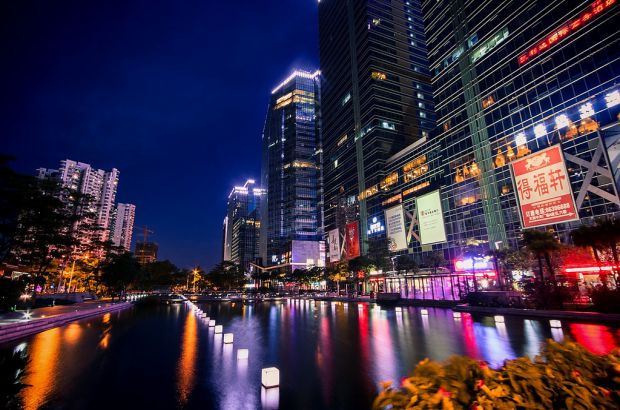
By: Elizabeth Willmott on
Leading local governments do not travel alone on the road of climate action-- they partner with other jurisdictions and networks to get deeper and faster results. These collaborations have turned low-carbon city efforts into a movement.
Join our email list to learn about what we do and how to get involved.
Cities are reducing climate pollution by investing in energy efficiency, renewable energy, electricity grid innovation, and clean transportation.
On March 10 Seattle took a key step on its path to be carbon neutral by 2050, when Mayor Ed Murray signed
Established in 2011, the King County-Cities Climate C
King County is extending its long record of leadership on clean public transit. But it's not content simply to be number one on reducing emissions; it's working to be number ZERO.
American cities are reducing climate pollution by investing in energy efficiency, renewables, grid innovations, and clean transportation.
Puget Sound Energy is a crucial player on Washington's path toward a clean energy future, but its 20-year resource plan falls significantly short on the urgency and boldness we need to make deep, near-term carbon reduction.
The Urban Clean Energy Revolution report details the state of play of low-carbon cities and describes a rich array of best practices and examples of urban clean energy innovation and carbon reduction.
The international climate talks are a moment in time for forward-looking urban leaders to demonstrate the collective political will they have amassed for bold climate action, and to show how far they have already come in reducing carbon emissions.
Urban leaders are increasingly aligning their carbon reduction and clean energy agendas with other important community priorities—such as air quality, transportation, social equity, economic development, and climate change resilience. In doing so, they forge stronger and more diverse coalitions for climate action.